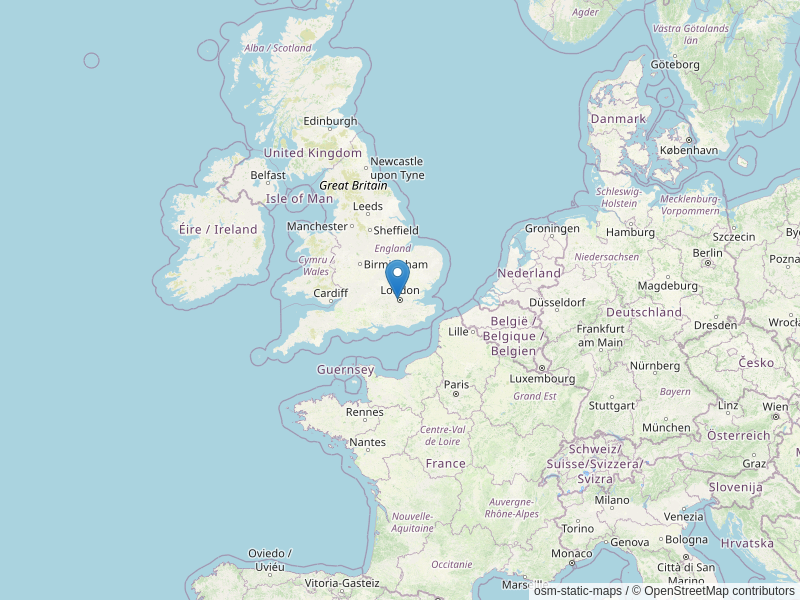DAAD Lecturers at Institutes of Higher Education in the UK and Ireland
See below for an overview of our DAAD Lecturer and Teaching Assistant network. Please check the FAQ for more information on the DAAD Lecturer Programme.
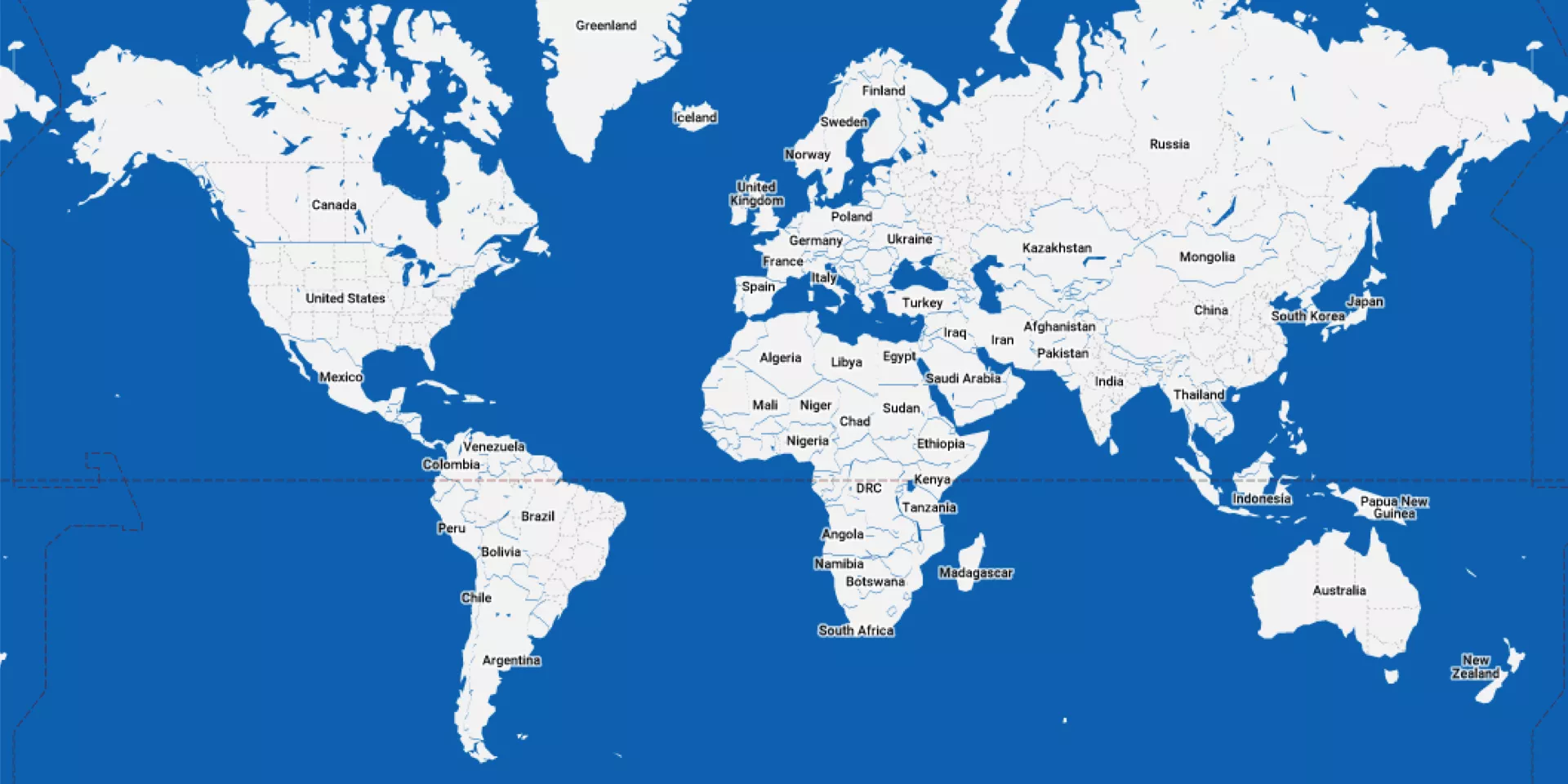
Map material from the free geographic information system OpenStreetMap. The DAAD explicitly does not adopt the information provided there (names, boundaries, etc.) in every case. No guarantee is given for the accuracy of this information.
-
Aberdeen
Julia Röder
University of Aberdeen, Department of German, School of Language, Literature, Music and Visual Culture
Taylor Building
E-mail: aberdeen.abdndaad-lektorat.de
Aberdeen AB24 3UB -
Birmingham
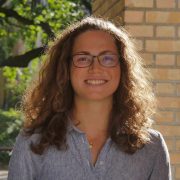 copyright DAAD/Sturm
copyright DAAD/SturmNadine Sturm
University of Birmingham, Department of Modern Languages, School of Languages, Cultures, Art History and Music
Edgbaston
E-mail: birmingham.ubhamdaad-lektorat.de
Birmingham B15 2TTDr. Kathrin Hamenstädt (Fachlektorin - Law)
University of Birmingham, Birmingham Law School
Edgbaston
E-mail: birmingham.ubham.lawdaad-lektorat.de
Birmingham B15 2TT
Dr. Vera Axyonova
University of Birmingham, Political Science and International Studies
E-mail: birmingham.ubham.politicsdaad-lektorat.de -
Cambridge
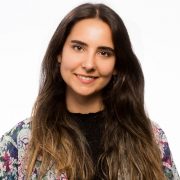
Filiz Yildirim
University of Cambridge, St John’s College
Cambridge CB2 1TP
E-mail: cambridge.cam.collegedaad-lektorat.de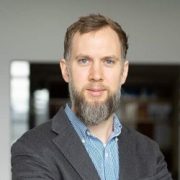 copyright DAAD/Bogdanovic
copyright DAAD/BogdanovicJan Bogdanovic
University of Cambridge, Engineering Department, Centre for Languages and Inter-Communication
Trumpington Street
E-mail: cambridge.cam.engineeringdaad-lektorat.de
Cambridge CB2 1PZ -
Cork
Inga Owesen
University College Cork, Department of German
Alfred O'Rahilly Building, R 1.36
E-mail: cork.uccdaad-lektorat.de
Cork T12 K8AF
IrelandDaria Richter (Lehrassistenz)
University College Cork
-
Coventry
Anne-Kathrin Bock
University of Warwick, School of Modern Languages and Cultures, German Studies
Humanities Building
E-mail: coventry.uwarwickdaad-lektorat.de
Coventry CV4 7AL -
Dublin
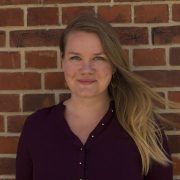 copyright DAAD/Gelke
copyright DAAD/GelkeFriederike Gelke
Dublin City University, School of Applied Languages and Intercultural Studies
Glasnevin Campus
E-mail: dublin.dcudaad-lektorat.de
Glasnevin
Dublin 9Jessica Rudolf (Lehrassistenz)
Dublin City University
Theresa Langer
Trinity College Dublin, Department of Germanic Studies
Dublin 2
E-mail: dublin.tcddaad-lektorat.de
Ireland
Sherry Ishak
University College Dublin, School of Languages, Cultures and Linguistics
Newman Building
E-mail: dublin.ucddaad-lektorat.de
Belfield, Dublin 4 -
Durham
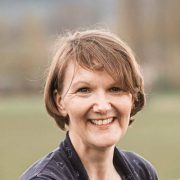 copyright DAAD/Schleicher
copyright DAAD/SchleicherGina Wrobel
University of Durham, School of Modern Languages and Cultures - German
Elvet Riverside, New Elvet I
E-mail: durham.udurdaad-lektorat.de
Room A7
Durham DH1 3JT -
Edinburgh
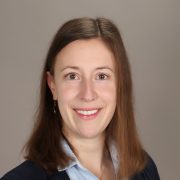 copyright DAAD/Oelkers
copyright DAAD/OelkersSina Oelkers
Heriot-Watt University, Department of Languages and Intercultural Studies
Henry Prais Building (Room 1.23)
E-mail: edinburgh.hwdaad-lektorat.de
The Avenue
Edinburgh EH14 4AS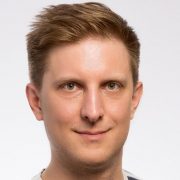
Stefan Sadecki
The University of Edinburgh, School of Literatures, Languages and Cultures
50 George Square, 2.32
E-mail: edinburgh.eddaad-lektorat.de
Edinburgh EH8 9LH -
Galway
Antonia Musolff
School of Languages, Literature and Cultures, German Department
Arts Millennium Building
E-mail: galway.nuigalwaydaad-lektorat.de
University Road
Galway H91 EV56 -
Leeds

Luisa Billepp
University of Leeds, Faculty of Arts, Humanities and Cultures, School of Languages, Cultures and Societies
Michael Sadler Building
E-mail: leeds.uleedsdaad-lektorat.de
Leeds LS2 9JT -
Limerick

Julia Weiß
University of Limerick, Modern Languages and Applied Linguistics, German Section
Limerick, V94 T9PX
E-mail: limerick.uldaad-lektorat.dePaula Riese (Lehrassistenz)
University of Limerick
-
Liverpool
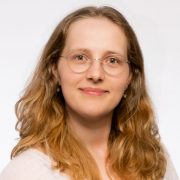
Lena Nielinger
University of Liverpool, Department of German Languages and Cultures
1-7 Abercromby Square
E-mail: liverpool.uliverpooldaad-lektorat.de
Liverpool L69 7ZR -
London
Lisa Banning
King’s College London
Virginia Woolf Building
E-mail: london.kcldaad-lektorat.de
Strand Campus
Department of German
22 Kingsway
London WC2B 6LEDr. Lisa Anders (Fachlektorin - Politics)
King’s College London, Department of European and International Studies
22 Kingsway
E-mail: london.kcl.politicsdaad-lektorat.de
London WC2B 6LEDr. Raphael Schäfer
King’s College London, The Dickson Poon School of Law
Somerset House East Wing
E-mail: london.kcl.lawdaad-lektorat.de
King's College
WC2R 2LSAna Ilic
Queen Mary University of London, Department of Modern Languages and Cultures
German Studies, Mile End Road
E-mail: london.qmuldaad-lektorat.de
London E1 4NS
Hannes Brünner
University College London, Department of German
17 Gower Street
E-mail: london.ucldaad-lektorat.de
London WC1E 6BTDr Anna Koch (Fachlektorin - History)
University College London, Department of History, School of Slavonic and East European Studies
Gower Street
E-mail: london.ucl.historydaad-lektorat.de
London WC1E 6BT -
Maynooth
Melanie Wolf
National University of Ireland Maynooth, School of Modern Languages, Literatures and Cultures
Maynooth, Co. Kildare
E-mail: maynooth.mudaad-lektorat.de
IrelandAnna Louis (Lehrassistenz)
Maynooth University
-
Oxford
Sina Menrad
University of Oxford, Merton College
Merton Street
E-mail: oxford.ox.consortium.Bdaad-lektorat.de
Oxford OX1 4JD
Dr Norman Aselmeyer
University of Oxford, Wadham College
University of Oxford
Wadham College, Parks Road
Oxford OX1 3PN
-
St. Andrews
Nathalie Stummer
University of St. Andrews, Department of German, School of Modern Languages
Buchanan Building
E-mail: standrews.ustandrewsdaad-lektorat.de
Union Street
St. Andrews, Fife KY16 8DL
FAQ: DAAD Lecturer Programme
The DAAD (Deutscher Akademischer Austauschdienst, German Academic Exchange Service) is a registered association, with its membership comprising German institutions of higher education and student bodies. It is the world’s largest funding organisation for academic exchange. In addition to providing grants and scholarships, the DAAD supports the internationalisation of German universities, promotes German Studies and the German language abroad, assists developing countries in establishing effective universities and advises decision makers on matters of cultural, education and development policy. In the UK and Ireland, Institutions of higher education have a long-standing partnership with the DAAD, as their cooperation dates back to the early 1950s when the first DAAD branch office worldwide opened in London. The DAAD London office is responsible for the United Kingdom and Ireland.
Within the DAAD Lecturer Programme (DAAD-Lektorenprogramm), the DAAD places Lecturers, primarily early-career academics/teachers in the fields of German as a foreign language, German philology and related disciplines, at universities all over the world. In some countries, including the UK, there are also Lecturers for other disciplines like law, political science, and history. Within the DAAD Lecturer Programme, the host university provides a position and the corresponding remuneration and defines the Lecturer’s tasks and required qualifications in consultation with the DAAD. More information on the programme and multimedia impressions in German language can be found here: DAAD-Lektorate weltweit – DAAD
DAAD Lecturers contribute to the internationalisation of the respective host institution and help its students and researchers to take up studies and research activities in Germany. Moreover, DAAD Lecturers are a catalyst for bringing a modern and diverse view on Germany and its higher education institutions to the host university by organising and managing cultural and research-related events and projects, for which the DAAD can provide funding upon application. Also, they provide vital support to colleagues and students in their department by contributing to a diverse and appealing curriculum for students and incorporating innovative new teaching methods that put students and their academic development into the focus of teaching.
For a DAAD Lecturer (DAAD-Lektor*in), the range and focus of tasks and responsibilities varies depending on the host institution, laid down in a role description mutually agreed by the host institution and the DAAD. They include some or all of the following:
- Teaching German as a foreign language
- Holding courses or giving lectures on literature, language and linguistics, German studies and recent German and European history
- Teaching specialist classes for translators and interpreters, as well as courses on the didactics and methodology of foreign language teaching
- Setting examination papers and organising examinations
- As for DAAD Lecturers in other disciplines (DAAD-Fachlektor*innen), teaching courses and setting up examinations in their specific subject areas
- Maintaining contacts with German organisations (DAAD, DFG, Goethe-Institute and others) and higher education institutions in Germany
- Advising students and colleagues, both from the host department and other academic departments, on study and research opportunities in Germany and on possible sources of funding
- Promoting German language and culture within the university and the wider community
The DAAD strongly encourages Lecturers and makes funding available to offer extracurricular activities to promote Germany and German Language and Culture, such as screening German films, inviting German authors, initiating a German society, or coordinating a German drama group.
The DAAD selects suitable candidates and proposes them to the university but does not act as an employer. The Lecturer enters an employment relationship with the host university and thus becomes a member of its teaching staff with the same rights and duties as the local colleagues of the same rank. If required in the respective country, the host university is also responsible for the visa sponsorship process. The DAAD supports the Lecturers by preparing them for their tasks, training them in their teaching and study guidance activities, and, as co-funding agent, granting them financial support in addition to their local salary.
Since the host universities expect DAAD Lecturers to provide up-to-date information about the subject and about Germany, the posts are limited in time to a maximum of five years. The initial funding period is two years, and it can then be extended year by year until the maximum funding period of five years has been reached, unless the university decides to terminate the employment earlier. After this period, a new Lecturer may be appointed if both the DAAD and the university agree to do so. Details of the relationship between the host university and the DAAD are outlined in a contractual agreement signed by both parties after a candidate has been selected.
For more information, please contact: lektorat.londondaad.de
Wollen Sie auch DAAD-Lektor*in werden?
Aktuelle Ausschreibungen gibt es hier.











